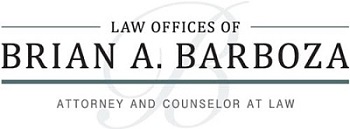If a creditor takes you to court for an overdue debt and the judge rules in the creditor’s favor, you will have a judgment against you. It is up to the creditor to collect on that judgment.
The Judicial Branch of California explains the court will not conduct the collection action for the creditor. It simply makes the judgment that says you do owe the debt. What this means is the creditor now must figure out how to collect the debt that it has thus far been unable to collect from you.
Follow the law
The creditor does not have any new methods it can use just because it has a judgment. The judgment only validates the debt. It does not give the creditor a blank check for collection. The creditor must still obey all the debt collection laws.
Additional options
Having a judgment does open some new doors for the creditor legally speaking. However, these new actions will require going back to court.
One option is wage garnishment. A creditor cannot garnish your wages, which means taking money directly from your paycheck, without a court order. If it secures an order, it can only take 25% of what you earn over federal minimum wage.
Another option is putting a lien on real estate you own. A lien does not directly collect money. It simply says that you cannot sell the property until you pay the debt, which will clear the lien. A lien also gives the creditor the option to foreclose, which will force you to sell the property. Creditors can also put liens on personal property that is valuable enough to pay the debt.
The last option is a bank account garnishment. This is usually what a creditor will do if you are self-employed or a business owner who does not receive a paycheck from an employer. To get an order for this type of garnishment, the creditor will need to have your banking information.

